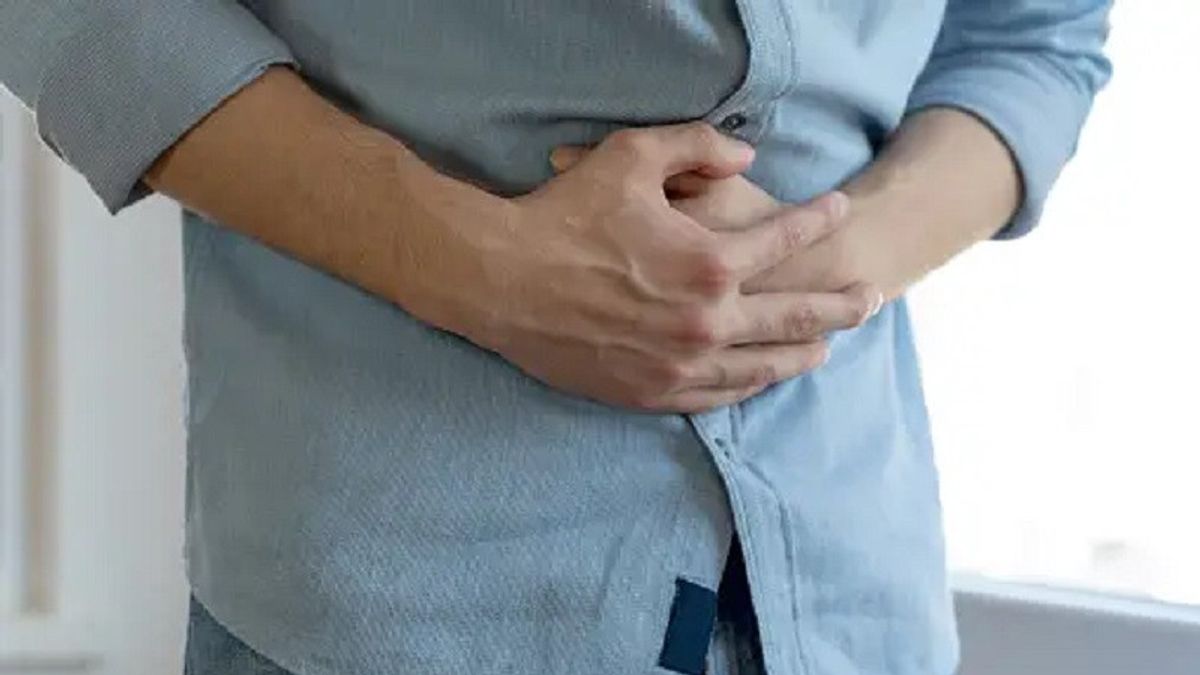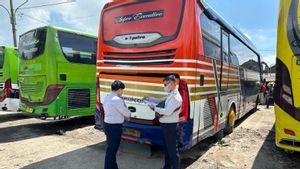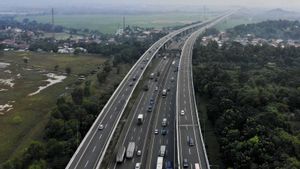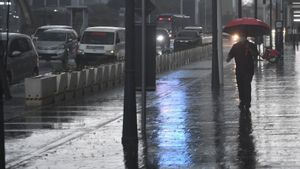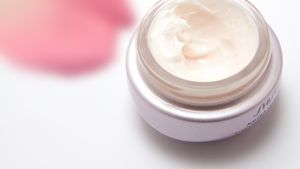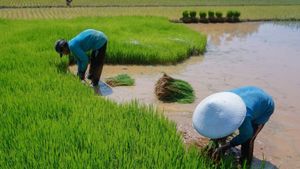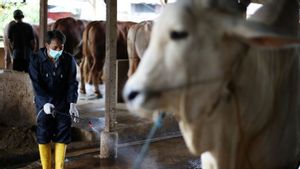JAKARTA - The public is advised to be aware of diarrhea and acute respiratory infections (ARI) during this week's long holiday.
According to the Director of Postgraduates at YARSI University, Prof. Dr. Tjandra Yoga Aditama, diarrhea is closely related to individual hygiene.
Therefore, he continued, to protect themselves from this disease, people need to continue their habit of washing their hands with soap every time they eat or drink and after defecating and get used to boiling drinking water until it boils every day. "In addition, people are advised to keep the environment clean, and don't forget to contact the nearest health officer immediately if there are symptoms of diarrhea," he said, quoting Antara.
Specifically in Jakarta, data from the DKI Jakarta Health Office refers to the Health Information System (SIK) regarding the diagnosis of the Emergency Installation (IGD) of the DKI Jakarta Hospital from January 1, 2024 to February 8, 2024, showing that the number of diarrhea cases was recorded at 2,812.
Furthermore, the disease that also needs to be watched out for is dengue fever or dengue hemorrhagic fever (DHF).
Tjandra explained that the dengue disease vector is an aedes aegypti mosquito that reproduces in clean water. In the current rainy season, it is possible that there is a place for mosquito longing and provides opportunities for mosquitoes to breed, which ultimately increases the risk factor for disease transmission of dengue fever. Then, puddles of water in several containers that previously did not contain water, such as used tires, scattered cans and house trunks whose construction is not good, also provides opportunities for vectors of dengue fever to breed. Tjandra also appealed to the public to be aware of typhoid fever which is closely related to the availability of clean water. This disease is easily transmitted through foods that are processed less clean. "So, be careful and always keep clean in the long holidays of these days," he said. Furthermore, another disease that also needs to be watched out for is leptospirosis. Diseases caused by leptospira bacteria are transmitted through dirt and mouse urinsic water. In the rainy season, especially during floods, mice living in soil cavities will also save themselves.
SEE ALSO:
The mice will roam around humans so that their droppings and urine will mix with flood water. A person who has wounds, then plays or is submerged in flood water that has been mixed with rat droppings and urine containing leptoira bacteria, has the potential to be infected and will fall ill.
To anticipate leptospirosis, it is necessary to maintain cleanliness so that there are no rats roaming around, not playing with water during floods, especially if you have wounds, and wearing shields such as shoes if you have to go to a flooded area. He advised the public to immediately go to health facilities if they are sick with hot symptoms suddenly, headaches and chills. Finally, be aware of the disease of acute respiratory infection (ARI).
Tjandra said that during the holiday and rainy seasons, ARI events would increase.
Data from the DKI Jakarta Health Office, from January 1, 2024 to February 8, 2024, showed the highest cases of disease, namely fever (9,662 cases), followed by dispesia with 3,314 cases, acute respiratory infection with 2,834 cases, then stomach pain with 2,825 cases, and diarrhea with 2,812 cases.
The English, Chinese, Japanese, Arabic, and French versions are automatically generated by the AI. So there may still be inaccuracies in translating, please always see Indonesian as our main language. (system supported by DigitalSiber.id)
